How To Make BBQ Rub Recipe At Home
Creating your own BBQ rub at home is a game-changer for any grill enthusiast. Not only does it allow you to customize the flavors to your liking, but it also adds a personal touch to your grilling adventures. Store-bought rubs are convenient, but they can’t compare to the freshness and versatility of a homemade blend.
Plus, making your own BBQ rub gives you control over the ingredients, allowing you to avoid unwanted additives and tailor the spice mix to suit different types of meat or personal taste preferences. Whether you’re a fan of smoky, sweet, or spicy flavors, a homemade BBQ rub can elevate your grilling game to new heights. So, let’s dive into the art of how to make BBQ rub right in your own kitchen!
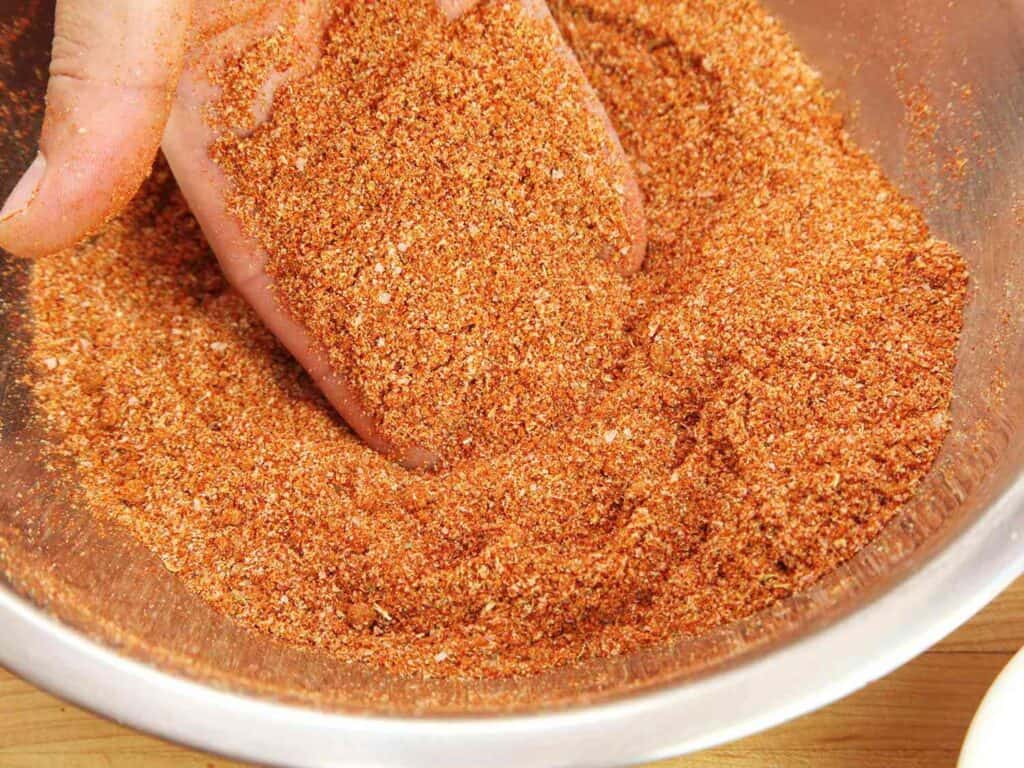
What is a BBQ Rub?
A BBQ rub is a blend of spices, herbs, and seasonings that is applied to meat before grilling, smoking, or roasting. These rubs play a crucial role in flavoring and tenderizing the meat.
The primary purpose of a BBQ rub is to enhance the natural flavors of the meat, adding layers of taste that range from sweet and smoky to spicy and savory. The rub creates a flavorful crust as it cooks, helping to seal in juices and keep the meat tender and moist.
Additionally, certain ingredients in BBQ rubs, like sugar and salt, can act as tenderizers, breaking down the proteins in the meat to ensure a juicy, flavorful result. Whether you’re grilling ribs, chicken, pork, or beef, a well-crafted BBQ rub can transform your dishes, making them more delicious and memorable.
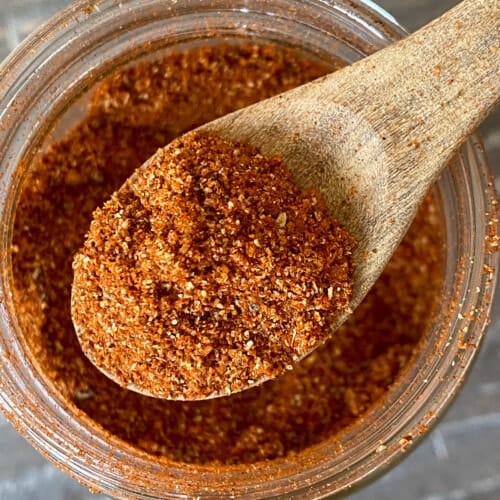
Basic Ingredients for BBQ Rubs
Crafting the perfect BBQ rub involves a balance of several fundamental ingredients, each contributing to the overall flavor profile. Here are the key components typically used:
- Salt: The cornerstone of any rub, salt enhances the natural flavors of the meat and helps to tenderize it. Kosher salt or sea salt are commonly preferred for their texture and purity.
- Sugar: Adds a touch of sweetness and helps in caramelizing the meat’s exterior, creating a flavorful crust. Brown sugar is a popular choice for its rich molasses content, but white sugar or even turbinado sugar can also be used.
- Paprika: Provides a mild sweetness and a vibrant red color. Smoked paprika adds a deeper, smoky flavor that’s perfect for BBQ.
- Black Pepper: Offers a sharp, pungent heat. Freshly ground black pepper is often used for its robust flavor.
- Garlic Powder: Adds a savory, umami depth to the rub. It’s a staple ingredient that complements both sweet and spicy elements.
- Onion Powder: Similar to garlic powder, it enhances the savory aspects and adds a subtle sweetness.
- Chili Powder: Brings a mild to moderate heat, along with a complex blend of spices that includes cumin, oregano, and cayenne.
- Cumin: Adds a warm, earthy undertone that pairs well with both sweet and spicy flavors.
- Cayenne Pepper: For those who like a bit of heat, cayenne pepper adds a spicy kick. Use it sparingly to adjust the level of spiciness to your liking.
- Mustard Powder: Provides a tangy, slightly bitter note that helps balance the sweetness of the sugar and the heat from the peppers.
Salt
Importance of Salt in Meat Preparation and Its Impact on Flavor
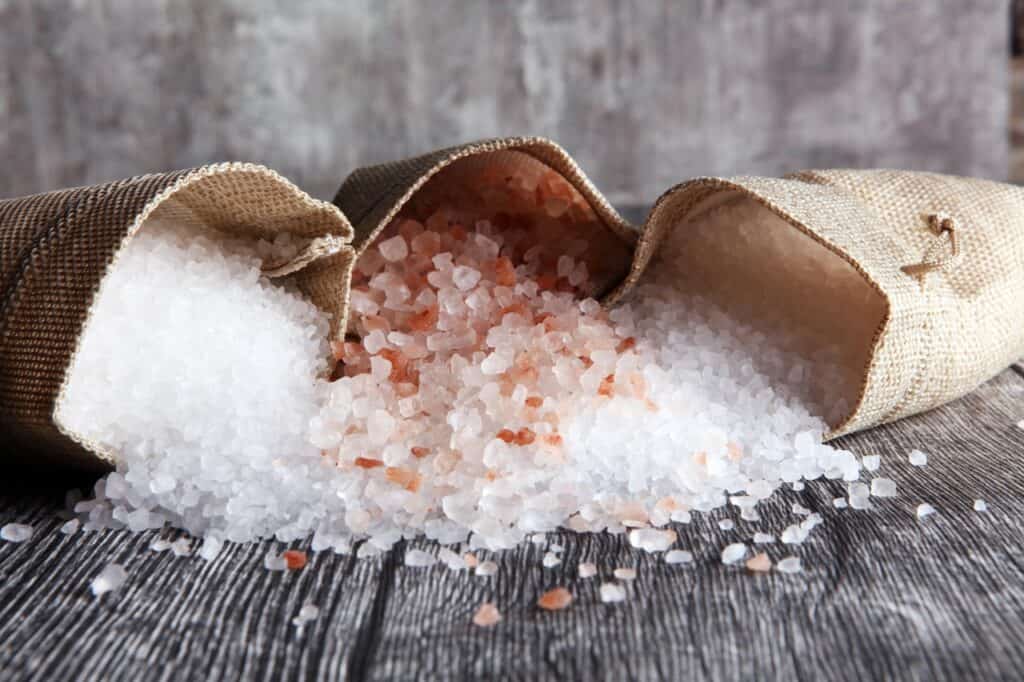
Salt is arguably the most critical ingredient in any BBQ rub. It serves several essential functions in meat preparation. Firstly, salt enhances the natural flavors of the meat through a process called osmosis, drawing moisture from the meat and creating a brine solution. This brine is then reabsorbed, allowing the salt to penetrate deeply into the meat, which helps to break down muscle proteins, tenderizing the meat and making it juicier.
Additionally, salt forms a flavorful crust on the surface when exposed to heat, contributing to a savory, mouth-watering bite. The right amount of salt balances the overall flavor profile, ensuring that the sweetness, spiciness, and smokiness of the rub come together harmoniously.
Sugar
How Sugar Adds Caramelization and Flavor Complexity
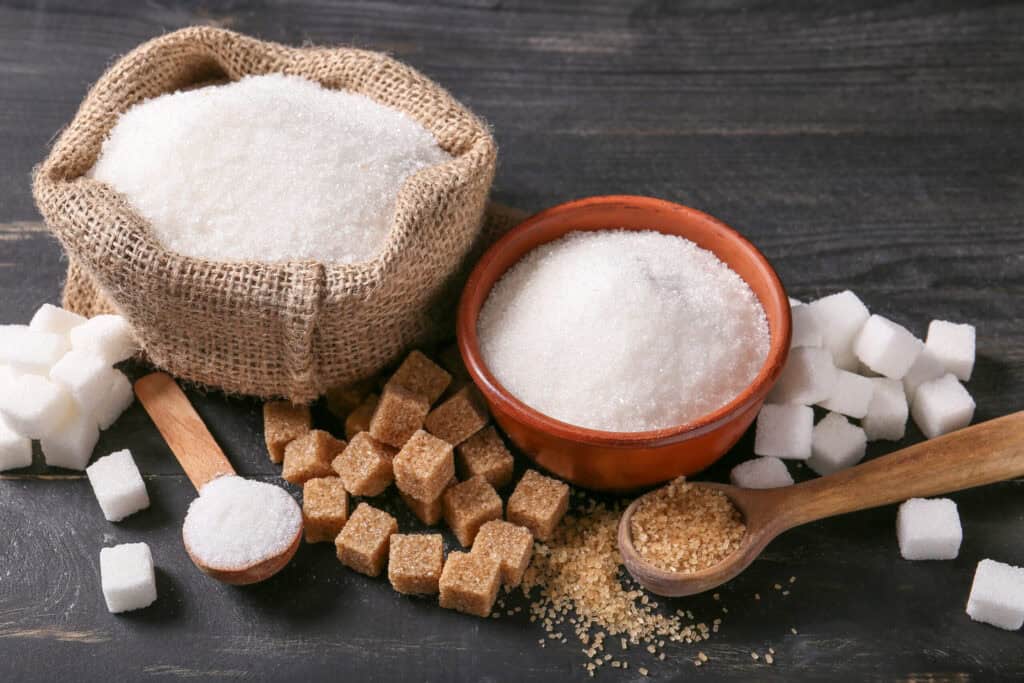
Sugar is a key ingredient in BBQ rubs because it adds both sweetness and complexity to the flavor profile. When exposed to the high heat of grilling or smoking, sugar caramelizes, forming a rich, brown crust that enhances the meat’s appearance and texture.
This caramelization process, known as the Maillard reaction, not only gives the meat a beautiful, appetizing color but also adds depth and complexity to the flavor, creating a pleasing contrast with the savory and spicy elements of the rub. Brown sugar is especially favored because its molasses content adds a deeper, more nuanced sweetness and helps retain moisture, keeping the meat tender and juicy.
Black Pepper
Role of Black Pepper in Adding Heat and Enhancing Other Flavors
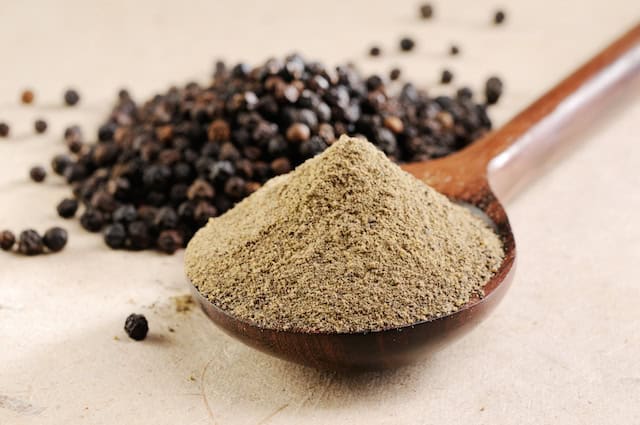
Black pepper is a fundamental spice in BBQ rubs, providing a sharp, pungent heat that enhances the overall flavor profile. Its heat is more subtle and complex compared to other peppers, offering a warm, biting spiciness that can complement both sweet and savory ingredients. Freshly ground black pepper is particularly potent, releasing volatile oils that intensify its flavor and aroma.
Additionally, black pepper works synergistically with other spices, helping to amplify their flavors and create a well-rounded taste. Its versatility makes it a staple ingredient in any rub, contributing to a balanced and harmonious blend that elevates the meat’s natural flavors.
How to Make Your Own BBQ Rub
Creating your own BBQ rub is a straightforward process that allows you to tailor the flavors to your preferences. Here’s a step-by-step guide to making a basic BBQ rub:
Ingredients Needed
For a standard BBQ rub, you’ll need the following ingredients:
- 1/4 cup kosher salt
- 1/4 cup brown sugar
- 1/4 cup paprika (use smoked paprika for a deeper flavor)
- 2 tablespoons black pepper (freshly ground)
- 1 tablespoon garlic powder
- 1 tablespoon onion powder
- 1 tablespoon chili powder
- 1 teaspoon cumin
- 1 teaspoon cayenne pepper (adjust to taste for desired heat level)
- 1 teaspoon mustard powder
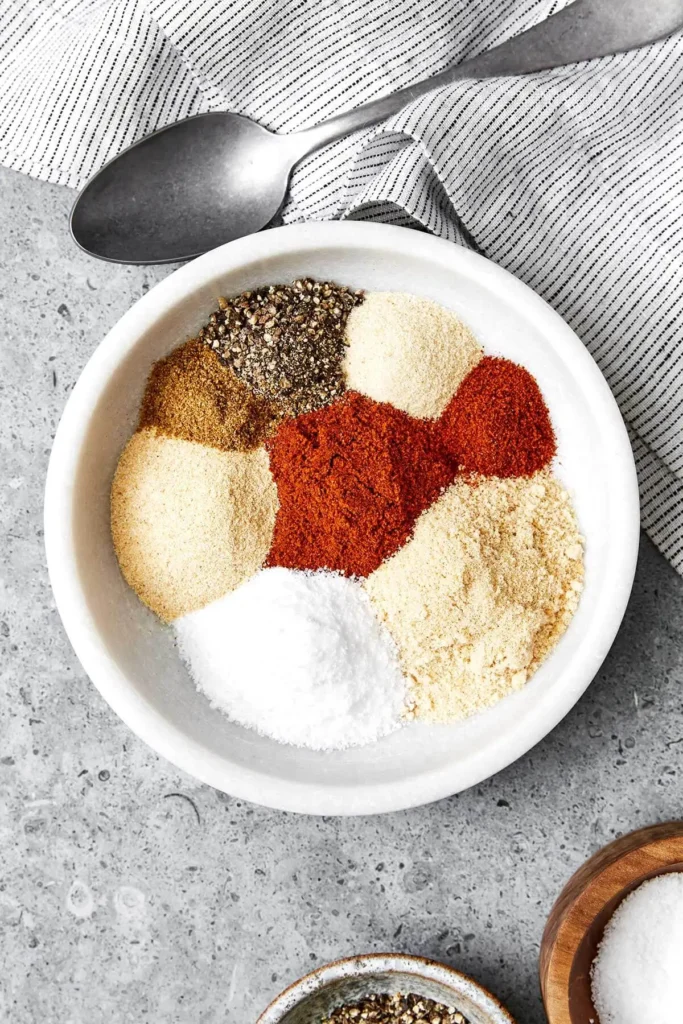
Mixing Instructions
1. Gather Your Ingredients: Make sure you have all the ingredients measured out and ready to go. This will make the mixing process smoother.
2. Combine the Dry Ingredients: In a large mixing bowl, combine the kosher salt, brown sugar, paprika, black pepper, garlic powder, onion powder, chili powder, ground cumin, cayenne pepper, and mustard powder.
3. Mix Thoroughly: Use a whisk or your hands to thoroughly mix all the ingredients together. Make sure there are no clumps, and the mixture is well-blended.
4. Store the Rub: Transfer the BBQ rub to an airtight container. A mason jar works perfectly for this. Store it in a cool, dry place. The rub will stay fresh for several months.
5. Apply the Rub: To use your BBQ rub, generously sprinkle it over your meat of choice. Pat the rub into the meat, ensuring it adheres well and covers all sides. For best results, let the meat rest with the rub for at least 30 minutes before cooking, or refrigerate it overnight for a deeper flavor infusion.
6. Grill or Smoke: Cook your meat on the grill or in a smoker according to your preferred method. The BBQ rub will create a flavorful crust as it cooks, enhancing the overall taste and texture of the meat.
How to Use BBQ Rubs
Applying BBQ rubs effectively is crucial for maximizing flavor and achieving the best results. Here are some guidelines on how to apply rubs to different types of meat.
Preparation:
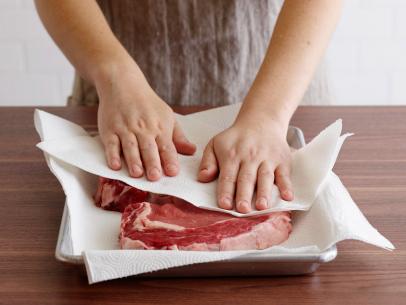
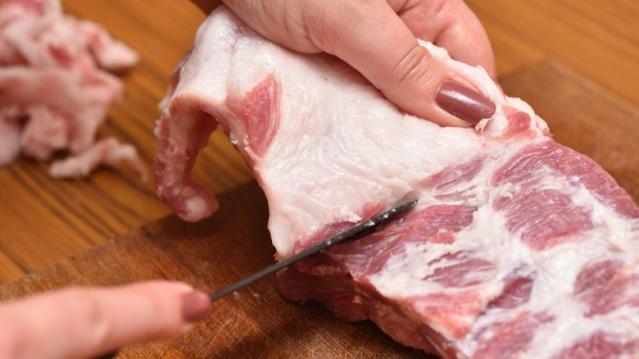
- Clean and Pat Dry: Ensure the meat is clean and pat it dry with paper towels. Removing excess moisture helps the rub adhere better to the meat’s surface.
- Trimming: Trim any excess fat from the meat, as too much fat can prevent the rub from sticking and can lead to flare-ups on the grill.
Application:
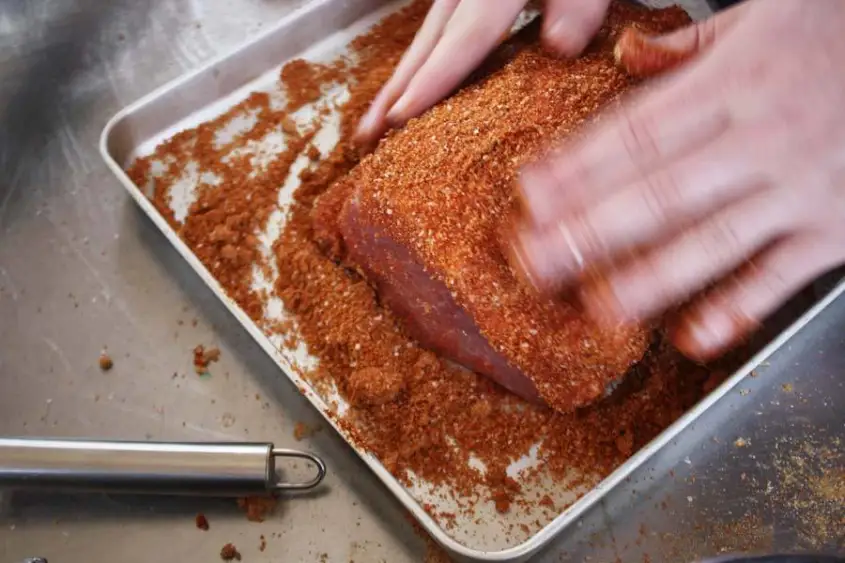
- Generous Coating: Apply a generous amount of the BBQ rub to the meat. Don’t be shy – a thick coating ensures a robust flavor.
- Even Distribution: Spread the rub evenly over all surfaces of the meat. Use your hands to massage the rub into the meat, ensuring it gets into all the nooks and crannies.
- Time to Rest: After applying the rub, let the meat rest for at least 30 minutes before cooking. This allows the flavors to penetrate. For deeper flavor, you can let it rest in the refrigerator for several hours or overnight.
Type-Specific Tips:
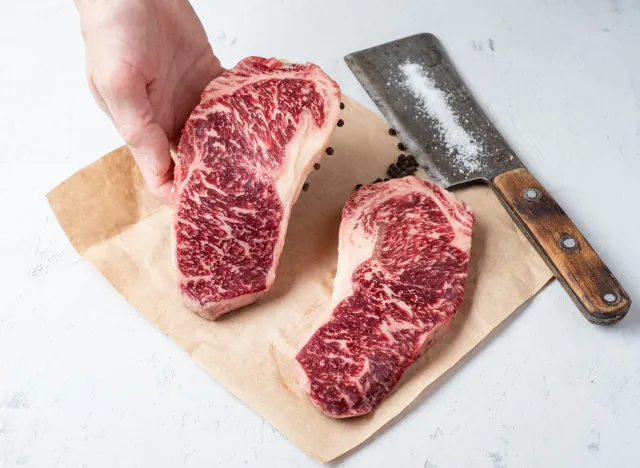
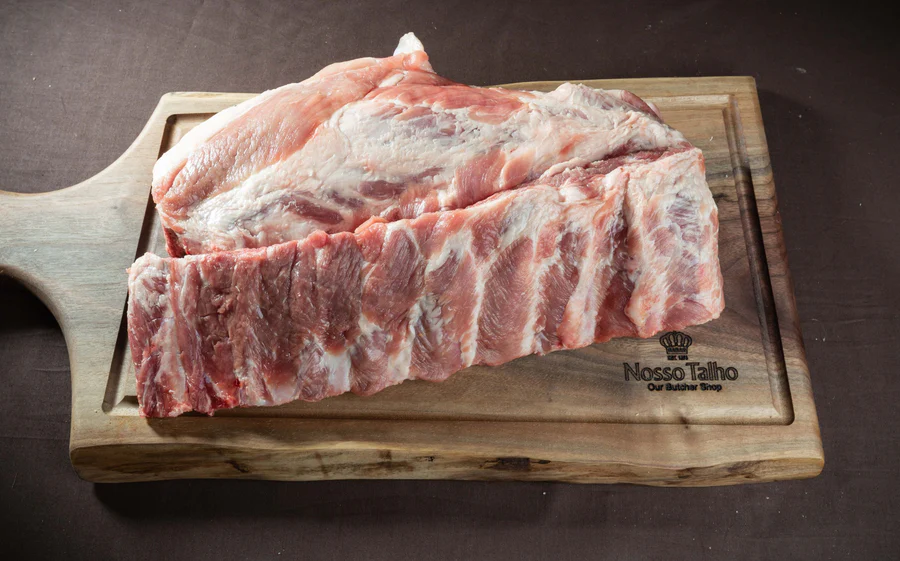
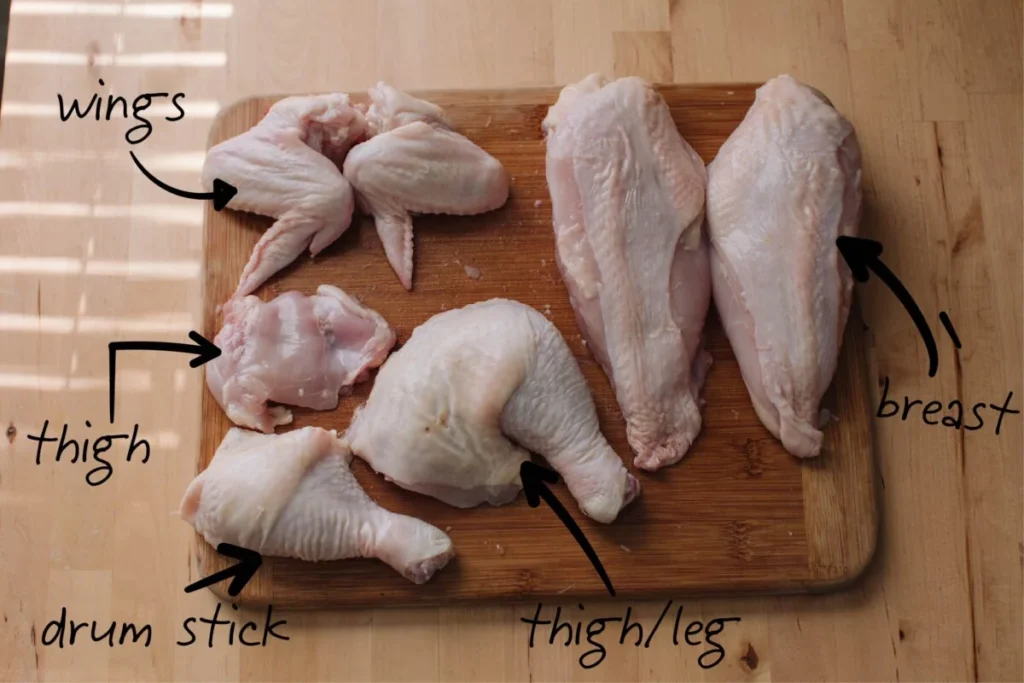
- Beef:
- Brisket: Apply the rub the night before cooking and let it rest in the refrigerator. This extended marinating time helps tenderize the meat and infuse it with flavor.
- Steaks: Rub the steaks about 30 minutes before grilling to allow the flavors to meld without overwhelming the natural beef taste.
- Pork:
- Ribs: Generously coat the ribs with the rub and let them rest for a few hours. For best results, wrap them in plastic wrap and refrigerate overnight.
- Pork Butt or Shoulder: Like brisket, this cut benefits from a longer resting time with the rub. Apply the rub and let it sit overnight.
- Chicken:
- Whole Chicken: Ensure you get the rub under the skin as well as on the surface. Let it rest for at least an hour before cooking.
- Chicken Pieces: Rub the pieces and let them sit for 30 minutes to an hour. Chicken absorbs flavors quickly, so shorter marinating times are sufficient.
Cooking:
- Low and Slow: For larger cuts like brisket and pork butt, cooking low and slow helps develop a rich, using this rub for a recipe like smoke brisker or smoke pork butt will create a flavorful crust while keeping the meat tender and juicy.
- High Heat for Quick Cooking: For items like steaks and chicken breasts, higher heat allows for a quick sear, creating a flavorful crust without drying out the meat.
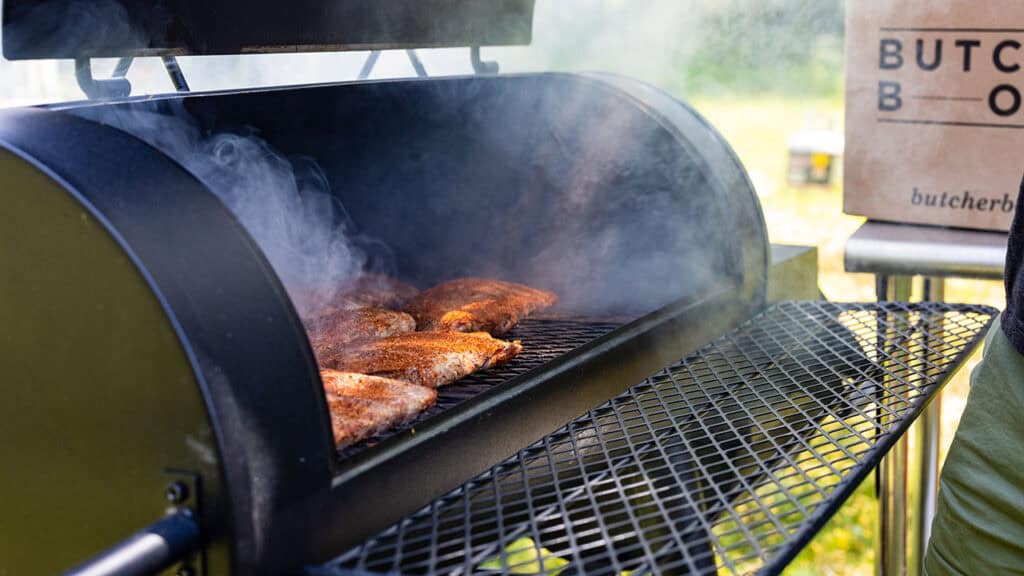
Customizing Your BBQ Rub
One of the greatest advantages of making your own BBQ rub is the ability to customize it to suit your personal taste or specific recipes. Here are some tips to help you modify the basic recipe.
Adding Heat
If you’re a fan of spicy flavors, here are some ingredients you can add to give your BBQ rub an extra kick without overpowering the other flavors:
- Cayenne Pepper: A little goes a long way. Start with a small amount and adjust to taste.
- Red Pepper Flakes: These add a different type of heat and a nice visual element.
- Chipotle Powder: Provides a smoky heat that complements many BBQ flavors.
- Hot Paprika: This is spicier than regular paprika and adds both heat and color.
- Black Pepper: Increasing the amount of freshly ground black pepper can also add more heat.
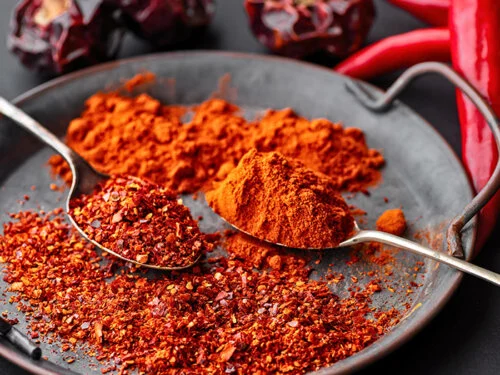
Adding Sweetness
For those who prefer a sweeter BBQ rub, especially great for pork and chicken, here are some options:
- Brown Sugar: Increase the amount of brown sugar for a deeper, molasses-like sweetness.
- Honey Powder: Adds sweetness without making the rub wet. This is great for a dry rub.
- Maple Sugar: Provides a unique, rich sweetness that pairs wonderfully with pork.
- Turbinado Sugar: This coarse sugar adds a subtle sweetness and helps create a nice crust.
- Cinnamon: Adds a sweet, warm flavor that works well with certain meats, especially pork.
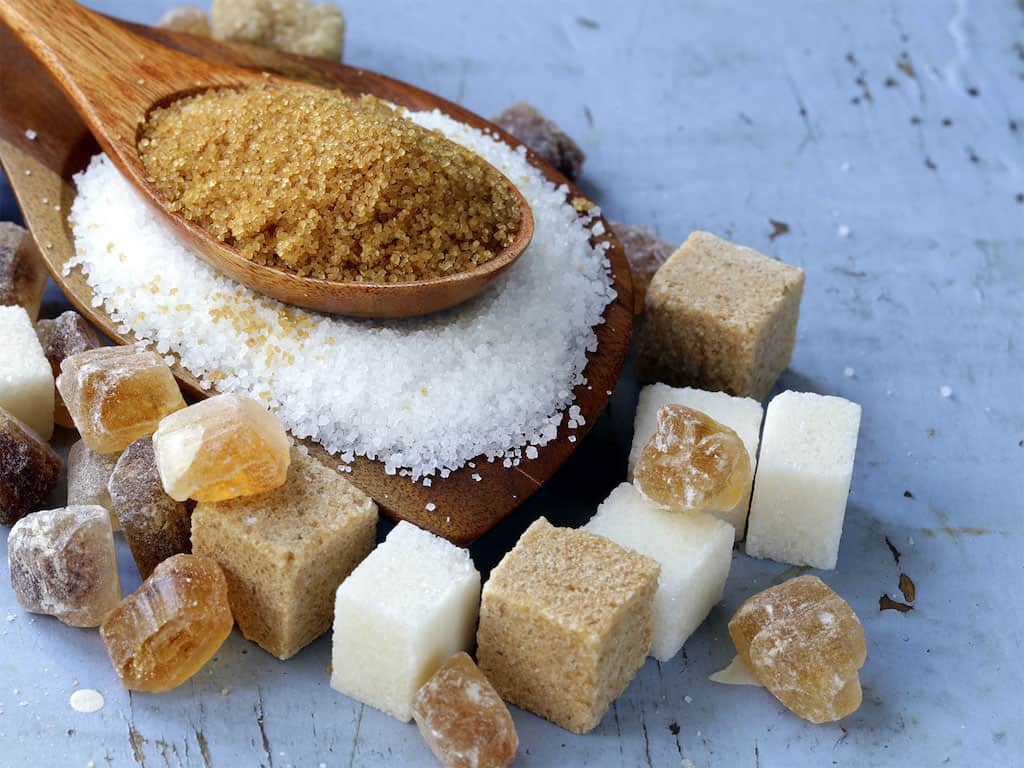
Other Customization Tips
- Smokiness: Add smoked paprika or ground chipotle for a smoky flavor.
- Herbs: Dried herbs like thyme, oregano, rosemary, or sage can add an aromatic complexity.
- Citrus Zest: Grated lemon or orange zest can add a bright, fresh note to the rub.
- Coffee: A small amount of finely ground coffee can enhance the rub’s depth and create a rich, robust flavor.
- Mustard Powder: Adding more mustard powder can provide a tangy, slightly bitter undertone that balances sweetness and heat.
Use these customized rubs in cooking BBQ chicken on charcoal grill, and you’ll unlock a world of flavor that takes your grilling game to the next level. Imagine the smoky, rich essence of the charcoal perfectly blending with a medley of spices, creating a crispy, flavorful crust on the chicken.
Sample Customized BBQ Rubs
Spicy BBQ Rub:
- 1/4 cup kosher salt
- 1/4 cup brown sugar
- 1/4 cup smoked paprika
- 2 tablespoons black pepper
- 1 tablespoon garlic powder
- 1 tablespoon onion powder
- 1 tablespoon chili powder
- 2 teaspoons cayenne pepper
- 1 teaspoon cumin
- 1 teaspoon mustard powder
Sweet BBQ Rub:
- 1/4 cup kosher salt
- 1/2 cup brown sugar
- 1/4 cup paprika
- 2 tablespoons black pepper
- 1 tablespoon garlic powder
- 1 tablespoon onion powder
- 1 tablespoon cinnamon
- 1 teaspoon chili powder
- 1 teaspoon mustard powder
Cost-Effectiveness of Homemade Rubs
Making your own BBQ rub at home not only allows for customization and freshness but can also be significantly more cost-effective compared to buying pre-made versions. Here’s an analysis of the cost benefits.
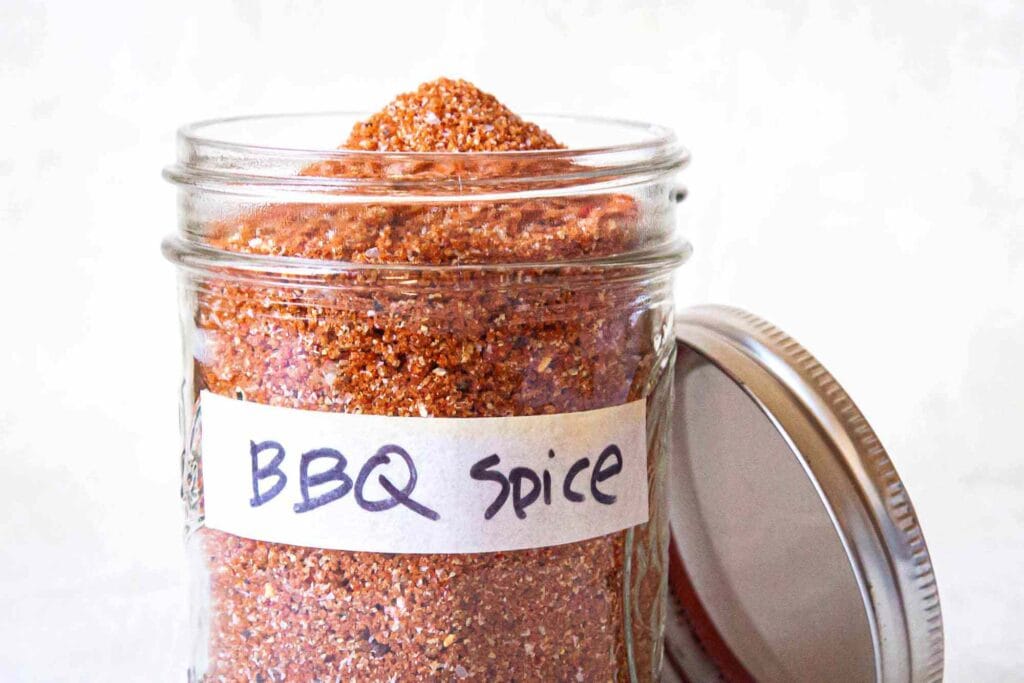
Ingredient Cost Breakdown
Homemade BBQ Rub Ingredients:
- Kosher Salt (1/4 cup): ~$0.10
- Brown Sugar (1/4 cup): ~$0.20
- Paprika (1/4 cup): ~$0.50
- Black Pepper (2 tablespoons): ~$0.40
- Garlic Powder (1 tablespoon): ~$0.30
- Onion Powder (1 tablespoon): ~$0.30
- Chili Powder (1 tablespoon): ~$0.20
- Cumin (1 teaspoon): ~$0.10
- Cayenne Pepper (1 teaspoon): ~$0.10
- Mustard Powder (1 teaspoon): ~$0.15
Total Cost for Homemade Rub: ~$2.35 for about 1 cup of rub
Pre-made BBQ Rub:
- Average cost of a quality pre-made BBQ rub (8 oz): ~$8.00
Cost Savings
When you make your own BBQ rub, the cost is significantly lower. Here’s a comparison:
- Homemade Rub: ~$2.35 per cup (8 oz)
- Pre-made Rub: ~$8.00 per cup (8 oz)
Additional Benefits
- Bulk Purchasing: Buying spices in bulk can further reduce costs. Large quantities of commonly used spices like salt, sugar, and paprika are often much cheaper per ounce when purchased in bulk.
- Quality Control: Homemade rubs allow you to control the quality of ingredients, ensuring there are no fillers, artificial flavors, or preservatives that are often found in commercial rubs.
- Customization: You can tailor your rub to your specific taste preferences, dietary needs (e.g., low sodium), and culinary goals, something that’s not possible with pre-made versions.
- Freshness: Spices in homemade rubs are typically fresher, leading to more vibrant flavors compared to store-bought rubs that may have been sitting on the shelf for extended periods.
Practical Example
Suppose you BBQ once a week and use about 1/4 cup of rub each time:
- Yearly Use: 1/4 cup x 52 weeks = 13 cups of rub
- Cost of Homemade Rub for a Year: 13 cups x $2.35 = ~$30.55
- Cost of Pre-made Rub for a Year: 13 cups x $8.00 = ~$104.00
Storing BBQ Rubs
Proper storage of homemade BBQ rubs is essential to maintain their freshness and flavor potency. Here are some best practices to ensure your rubs stay aromatic and effective for as long as possible.
- Airtight Containers:
- Use airtight containers: To prevent moisture from getting in and to preserve the rub’s flavor, store your BBQ rub in airtight containers. Glass jars with tight-fitting lids, like mason jars, are ideal.
- Label the containers: Always label your containers with the date you made the rub and its contents. This helps keep track of freshness and avoid confusion if you have multiple rubs.
- Cool, Dark Place:
- Avoid heat and light: Store your rubs in a cool, dark place, such as a pantry or cupboard, away from direct sunlight and heat sources. Exposure to light and heat can degrade the spices’ flavors and reduce their shelf life.
- Temperature control: Keeping the rubs at a consistent, cool temperature helps maintain their potency. Fluctuating temperatures can cause condensation inside the container, leading to clumping and spoilage.
- Dry Environment:
- Keep it dry: Ensure the storage area is dry, as moisture can cause the rub to clump and lose its flavor. Avoid storing rubs near the stove, dishwasher, or any other area where they might be exposed to steam or humidity.
- Avoid Cross-Contamination:
- Use clean utensils: When using the rub, always use a clean, dry spoon to scoop out the amount you need. Avoid dipping wet or dirty utensils into the container, as this can introduce moisture and contaminants.
- Use Desiccants:
- Add silica gel packs: Placing a small food-safe silica gel pack inside the container can help absorb any residual moisture and keep the rub dry. These are especially useful in humid environments.
Shelf Life of Homemade BBQ Rubs
While homemade BBQ rubs don’t spoil quickly, their flavor can diminish over time. For best results:
- Use within 6 months: For optimal flavor, try to use your homemade BBQ rubs within six months. After this period, the spices may start to lose their potency, and the overall flavor of the rub might not be as vibrant.
- Check regularly: Periodically check your rubs for any signs of clumping, discoloration, or off smells, which can indicate that the rub has degraded and should be discarded.
Additional Recipes and Variations
Creating variations of the basic BBQ rub recipe allows you to explore different regional tastes and cater to specific dietary requirements. Here are a few ideas:
1. Memphis-Style BBQ Rub
Memphis-style BBQ is known for its balance of sweet and savory with a touch of heat.
Ingredients:
- 1/4 cup paprika
- 2 tablespoons brown sugar
- 1 tablespoon kosher salt
- 1 tablespoon black pepper
- 1 tablespoon garlic powder
- 1 tablespoon onion powder
- 1 teaspoon cayenne pepper
- 1 teaspoon mustard powder
- 1 teaspoon dried thyme
2. Texas-Style BBQ Rub
Texas BBQ is all about bold flavors, with a heavy emphasis on black pepper and chili powder.
Ingredients:
- 1/4 cup black pepper
- 1/4 cup paprika
- 1/4 cup kosher salt
- 2 tablespoons chili powder
- 1 tablespoon garlic powder
- 1 tablespoon onion powder
- 1 teaspoon cumin
- 1 teaspoon cayenne pepper
3. Carolina-Style BBQ Rub
Carolina BBQ often features mustard and vinegar flavors, making it tangy and slightly spicy.
Ingredients:
- 1/4 cup brown sugar
- 2 tablespoons mustard powder
- 2 tablespoons kosher salt
- 1 tablespoon black pepper
- 1 tablespoon paprika
- 1 tablespoon garlic powder
- 1 tablespoon onion powder
- 1 teaspoon cayenne pepper
4. Low-Sodium BBQ Rub
For those needing a low-sodium option, this rub reduces the salt content while maintaining flavor.
Ingredients:
- 1/4 cup paprika
- 2 tablespoons brown sugar
- 1 tablespoon black pepper
- 1 tablespoon garlic powder
- 1 tablespoon onion powder
- 1 tablespoon dried oregano
- 1 teaspoon cumin
- 1 teaspoon cayenne pepper
FAQs
Disclosure: Our blog contains affiliate links to products. We may receive a commission for purchases made through these links. However, this does not impact our reviews and comparisons. We try our best to keep things fair and balanced, in order to help you make the best choice for you.

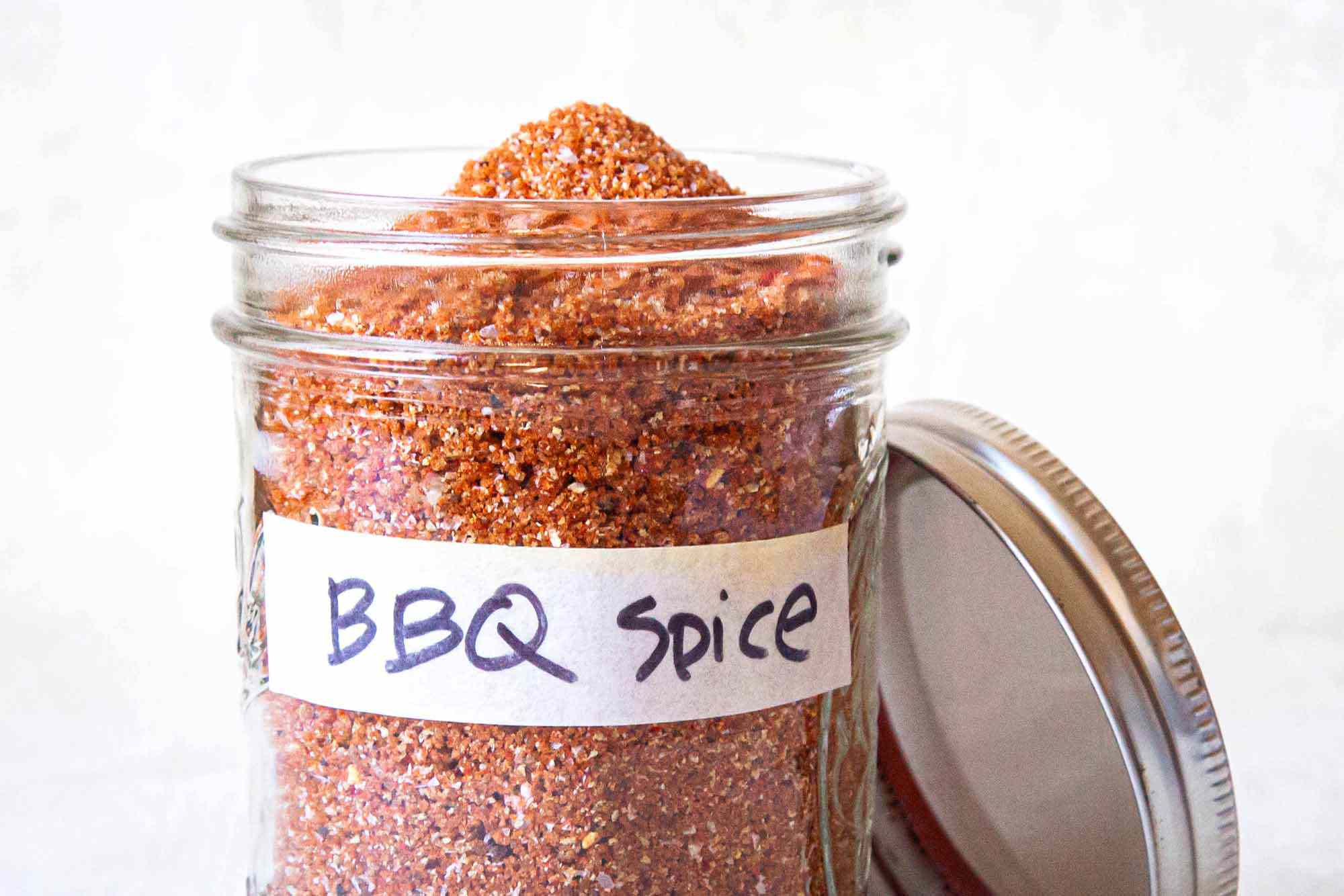
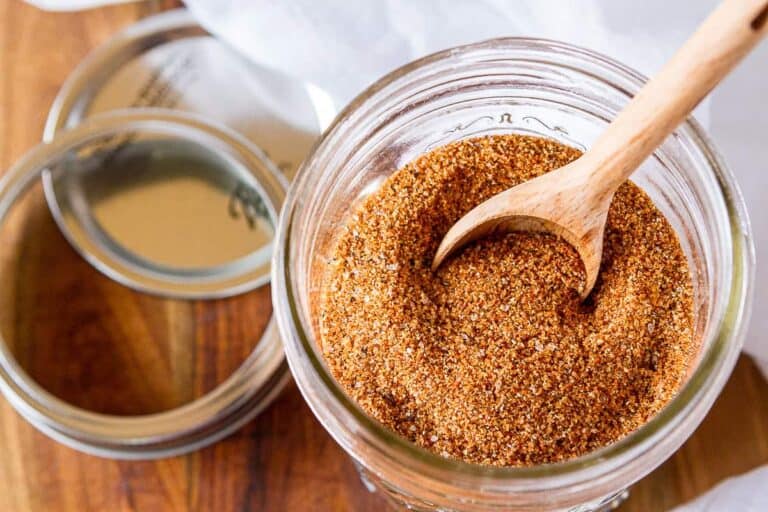
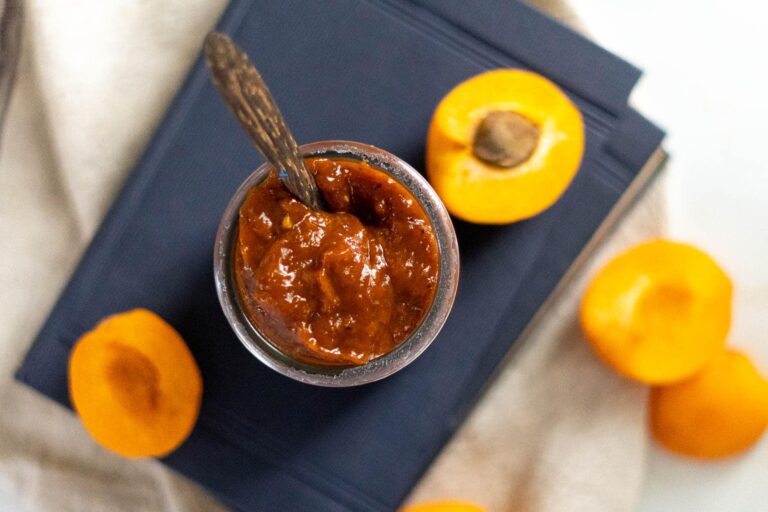
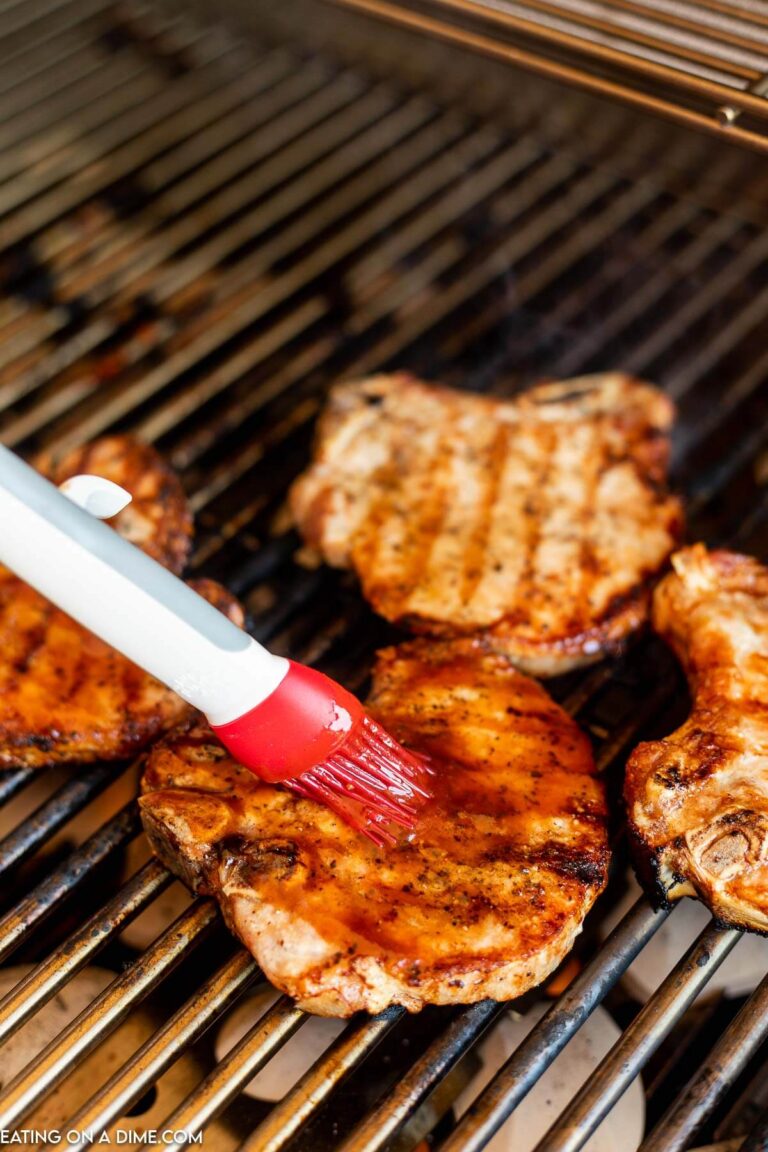
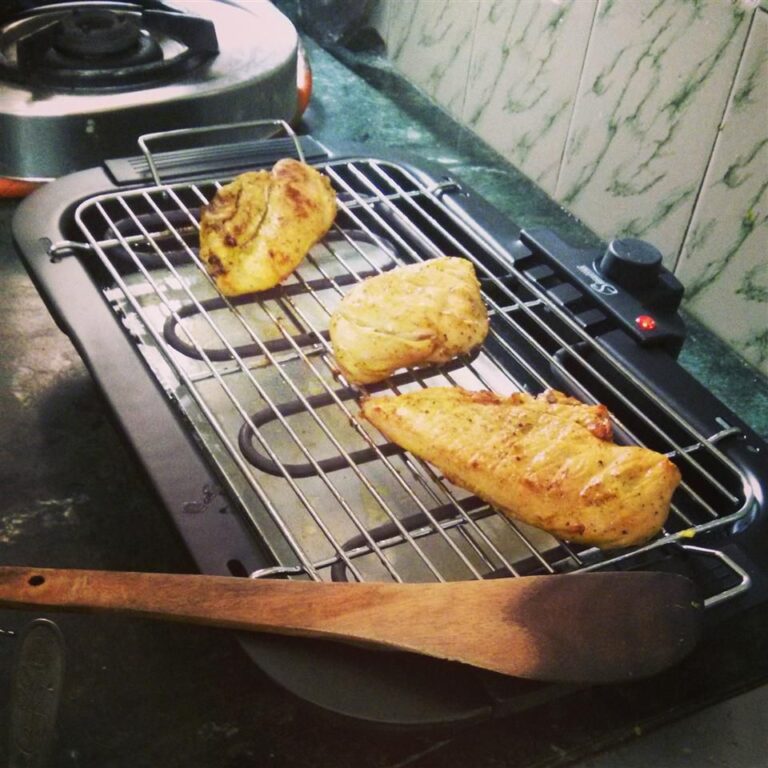
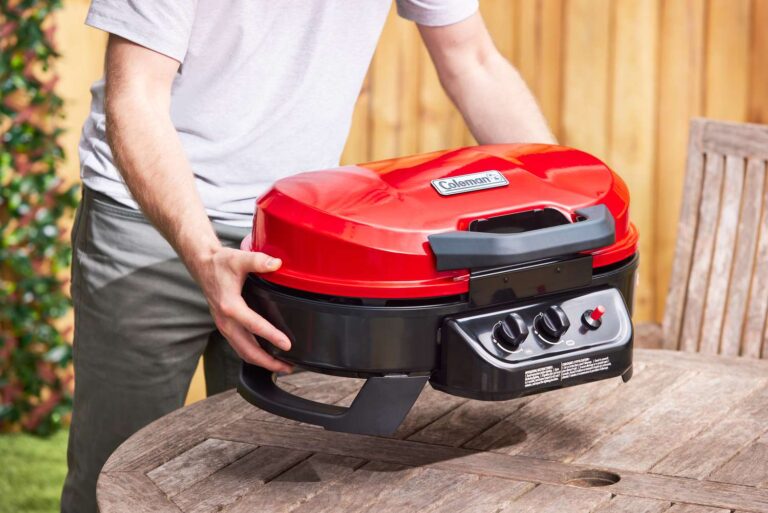
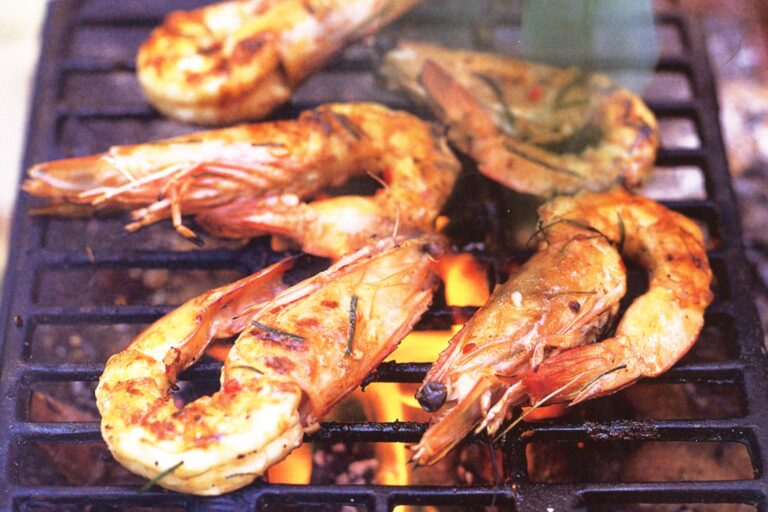
3 Comments